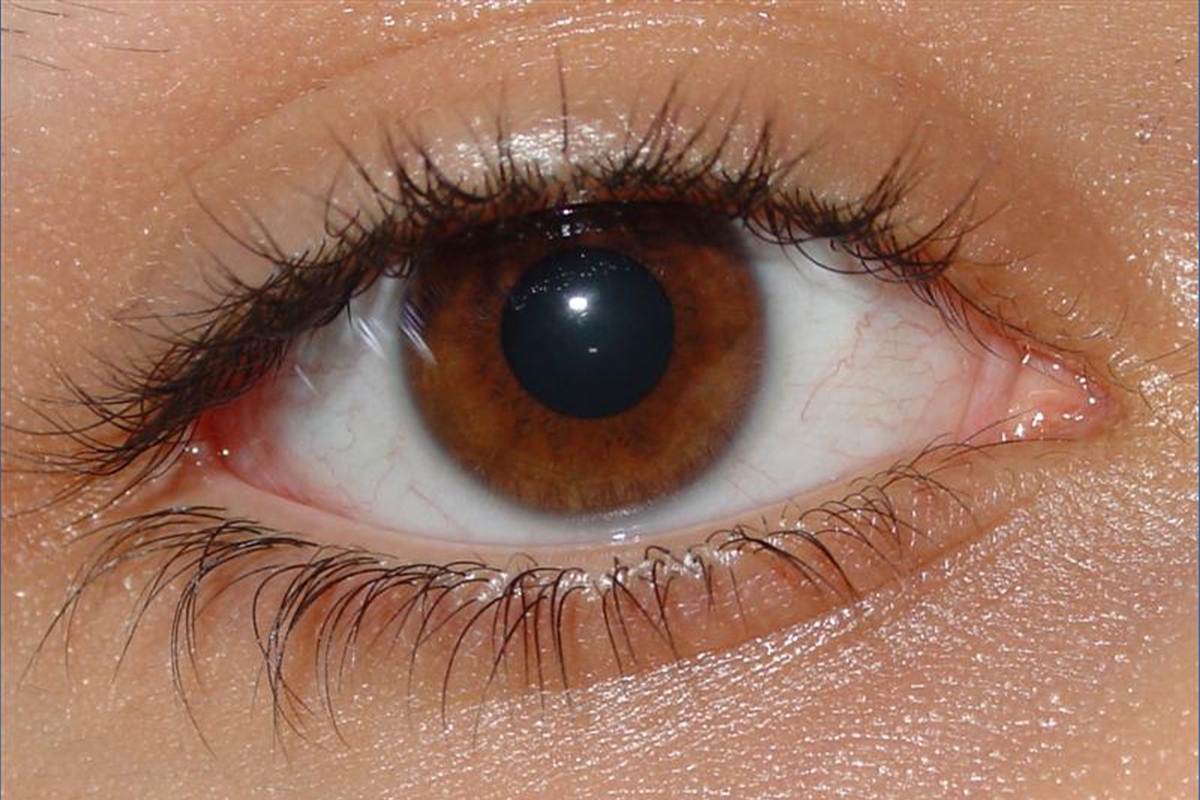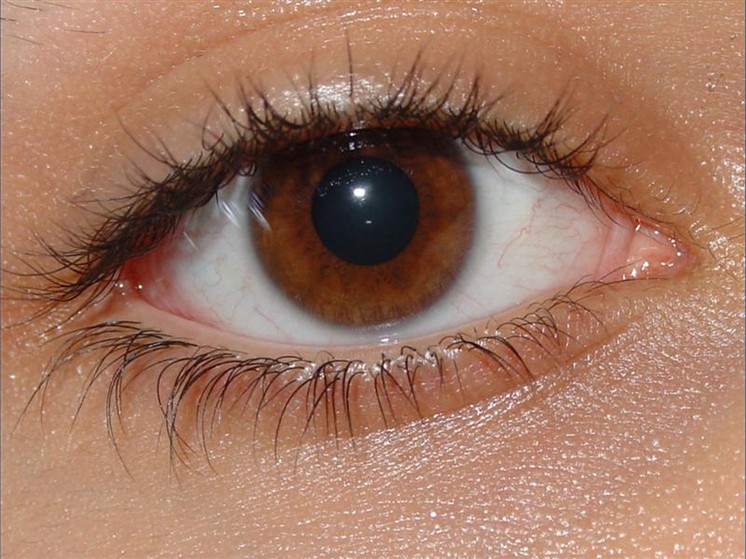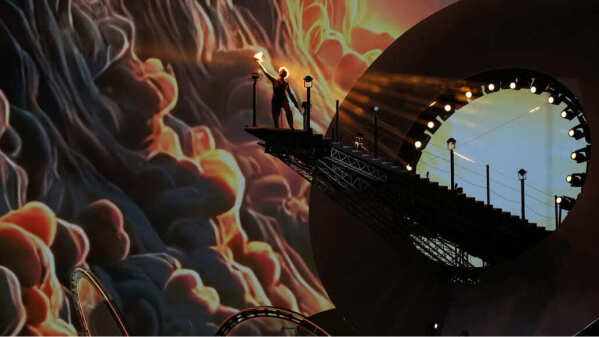Artificial intelligence will allow diagnosing mental disorders using the retina.

UrFU scientists have taught a neural network to detect mental disorders based on the eyes.
A new study by scientists from the Ural Federal University, conducted jointly with international colleagues, will help identify a wide range of psychiatric disorders at their early stages. They are training a neural network to diagnose diseases based on the retina, using data obtained through electroretinography.

test banner under the title image
This method differs from the most common ophthalmological examination methods in that it uses electrodes. These electrodes are used to record the electrical potentials generated in the retina in response to light. The method has been known since the mid-19th century, and its discoverer believed that the electricity was generated by the optic nerves, but his followers discovered that it was the retina that generated it.
This method is not very common today. The response of the retina (the inner layer) of the eyeball is most often examined the old-fashioned way: the doctor shines light into the eye at varying intensities and, based on their observations, draws a conclusion about the condition of the fundus. An electroretinogram (ERG) provides a more objective picture of the retina's condition because, unlike a doctor who can make mistakes, it accurately reports the retina's response to light signals of varying intensities.
Until recently, this method was used specifically to diagnose eye diseases. However, relatively recently, scientists have discovered that it can also be used to diagnose neurological disorders, such as attention deficit hyperactivity disorder, autism spectrum disorders, and Parkinson's disease. The retina's response to light is linked to these conditions. Using artificial intelligence (AI) to analyze electroretinograms allows for a fairly accurate assessment of a patient's susceptibility to these diseases, the progression of which can be halted by psychiatrists.
As explained by the UrFU press service, to "train" the AI, the researchers are loading data obtained from examining various patients with known diagnoses into the neural network. The Russian scientists are using data obtained from hospitals in Yekaterinburg, as well as information from their international colleagues. Although the development of the new diagnostic technology is not yet complete, the scientists believe it has a bright future.

mk.ru





